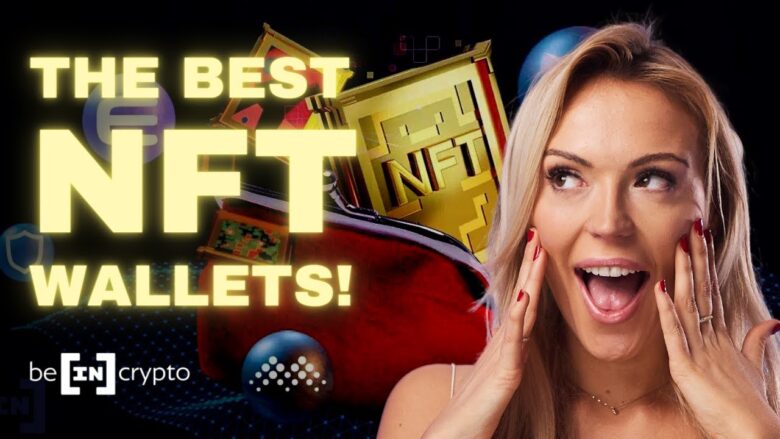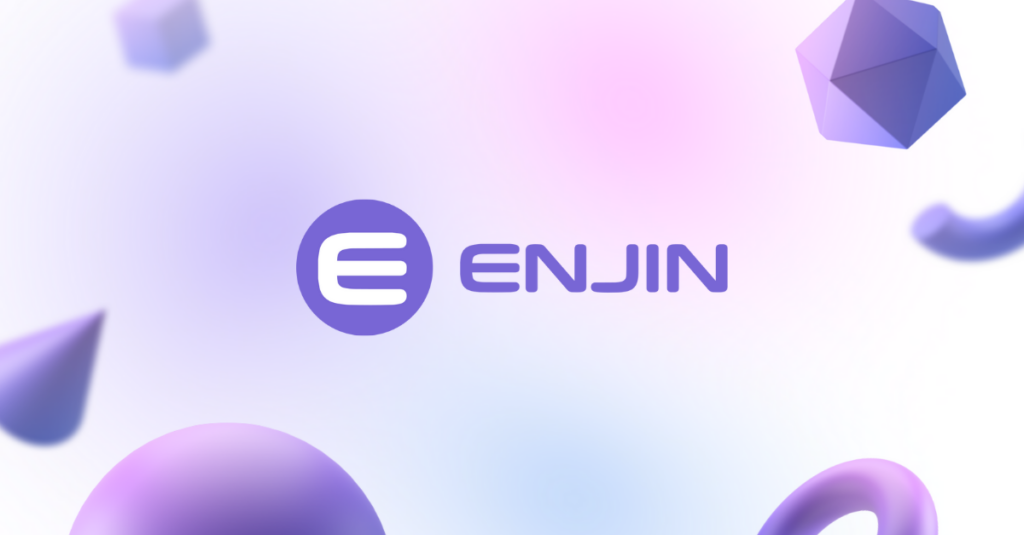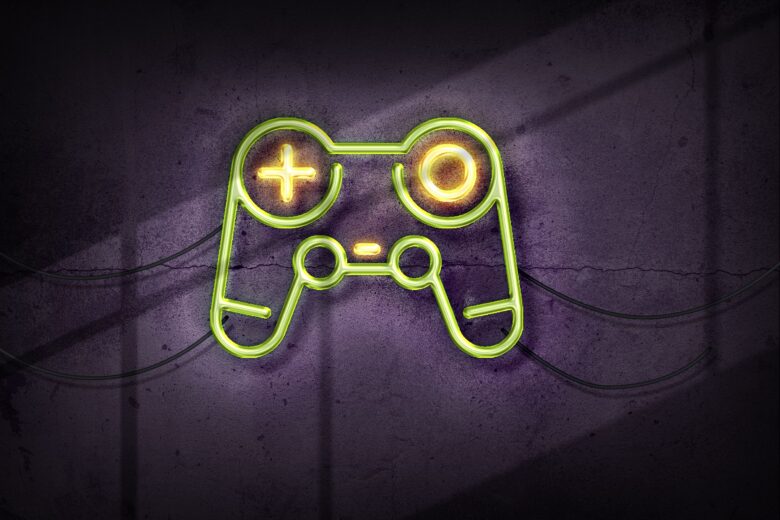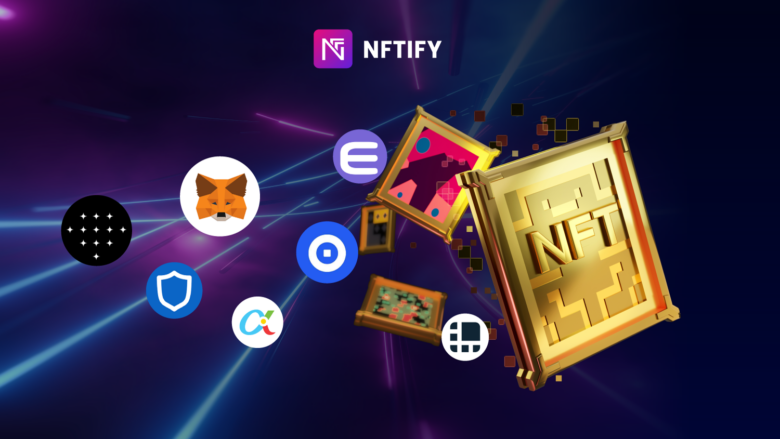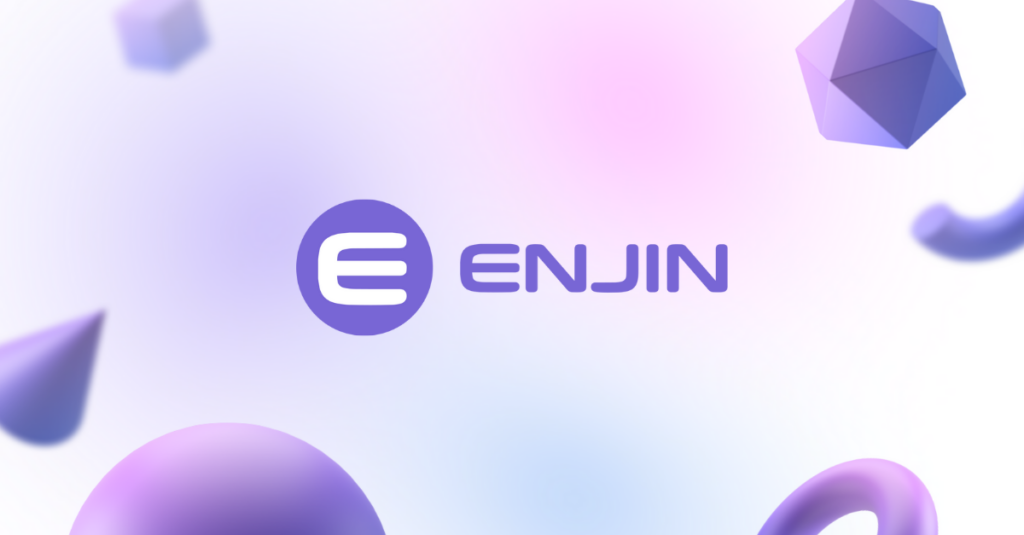Folks who are into crypto already know the answer to this. Newbies on the other hand, may still need to be convinced. Your regular financial system has been ripping you off since the day you created a bank account.
The cliché idea we’ve always had about banks was they save our money and other assets. But when you begin summing up how much they’ve taken from you as transaction charges, interest rates, and many other financial service costs- you’ll realize it’s more of recurrent “rip-offs” than actual “saving.”
They do it so subtly. That’s why many bank users don’t see the value in those little deductions here and there. And unknown to them, a fortune is amassed on the backend.
However, the new internet phase (web 3.0) comes with a much better financial system that drastically reduces these rip-offs in the cryptoverse. And the web3 wallet is at the core of this revolution. It also gives you a decentralized form of finance (DeFi) as opposed to the regular centralized financial system (CeFi).
In this article, we shall be looking at why you should embrace the web3 wallet over your regular traditional banking system.
WEB3, WEB3 WALLET, AND REGULAR BANKS
The new internet generation comes with not just the decentralization of the internet, but of finance. A centralized financial system gives you limited control over your finance, high interest rates on loans, and many costs on accessing other financial services.

However, with a decentralized system in the crypto space, you don’t need the regular banking system to save your assets and spend money.
You can now easily buy, borrow and spend digital money (crypto tokens) in online gaming wallet without going through the hassles of documentation, identity checks, and other forms of required regulations traditional banks subject you to.
With an anonymous account you can carry out many financial activities easily. The web3 wallet is unlike other regular crypto wallets as you can earn from your assets by staking, having access to many decentralized applications, and also being in total control over your digital assets without needing an intermediary.
HOW IS WEB3 CONCERNED WITH A BETTER FINANCIAL SYSTEM FOR YOU?
Garvin Wood, the co-founder of Ethereum was the first to mention the term “Web3” and the major reason behind its creation is to lessen the dominating grip of intermediaries within the ecosystem of the internet. With this, there is an aligned interest with cryptocurrency.
Thus, both crypto and web3 are designed to remove the middlemen or intermediaries from the traditional financial systems. This makes them linked and it also explains how web3 gives you an opportunity to better your financial life.
Many crypto analysts and enthusiasts believe crypto tokens will be what shall power this new internet generation unlike anything ever seen.
BEFORE THE WEB3 INTERNET GENERATION
Before the web3 wallet came about with all this amazing technologies we see in our contemporary age today, the internet has been going through phases of development.
As you well know, previous internet generations couldn’t provide such financial bliss due to their limited capacity. Web1 was simply an open, decentralized internet merely used for data sharing, research, and communication. It was mainly used by universities during the early 1980s.
After a while, anyone with a modem had online access. Web1 is considered a text-only medium as interaction with the internet was restricted to reading written info on website and online forums. Users were mostly consumers of content, not producers.
However, web2 came with more interactive opportunities. Internet speed increased, more images, videos, and audios were now incorporated on the internet. However, the web2 still had a centralized system. It was also characterized by a requirement of a password to gain access to an online account, permissions and data usage. This determined advertisement revenue.
After much development, the web3 internet phase finally arrived, granting decentralization across the web and also in the banking industry. There are fewer limitations and now people now have access to artificial intelligence (AI), control over data ownership, better security, ubiquitous access to data, and the like.

SOME TRADITIONAL FINANCIAL INSTITUTIONS ARE ALREADY EMBRACING THE FUTURE OF WEB3 AND DeFI- YOU SHOULD TOO
Banks and some other financial institutions are already going into the web3 DeFi space as there are many opportunities. This new internet phase grants creators and web users access to a decentralized financial system and many are now seeing the need to store their assets in the web3 wallet.
In July 2020, a suggestion was made from the Office of the Comptroller of the Currency (OCC) which advised banks to create safekeeping measure for crypto users. This meant keeping users’ cryptographic keys for accessing their wallets safe.
In a matter of years, web3-inclined banks will definitely spring up, equipped with a decentralized financial system. They may also create their personal web3 wallet, featuring major digital currencies. With the rapid advancement of technology and the development of web3, this will happen very soon.
The web3 wallet will help banks and other traditional financial institutions expand their reach beyond their traditional platforms. It’ll help them integrate with other online platforms, provide their customers with digital services, and have high-level security in the storage of NFTs, crypto tokens, and other digital assets.
Financial institutions now have the advantage of putting the connected network of web3 to good use- they can now create an ecosystem of merchants, service providers, and collectors. This helps boost the bank’s reputation as well as the confidence of customers on its security.
CLOSING THOUGHTS
The web3 wallet is one such way to break out of the regular financial system. Saving at the bank isn’t really fashionable anymore. Besides, you’ll be doing yourself a disservice leaving your money with the banks. Moreover, they use your money to make more profits for themselves until you need it.
However, the web3 wallet offers you an opportunity to store, and even earn on your digital assets. The cryptoverse gives you that financial leverage. Will you take it?
More to read: What Is A Web3 Wallet?


